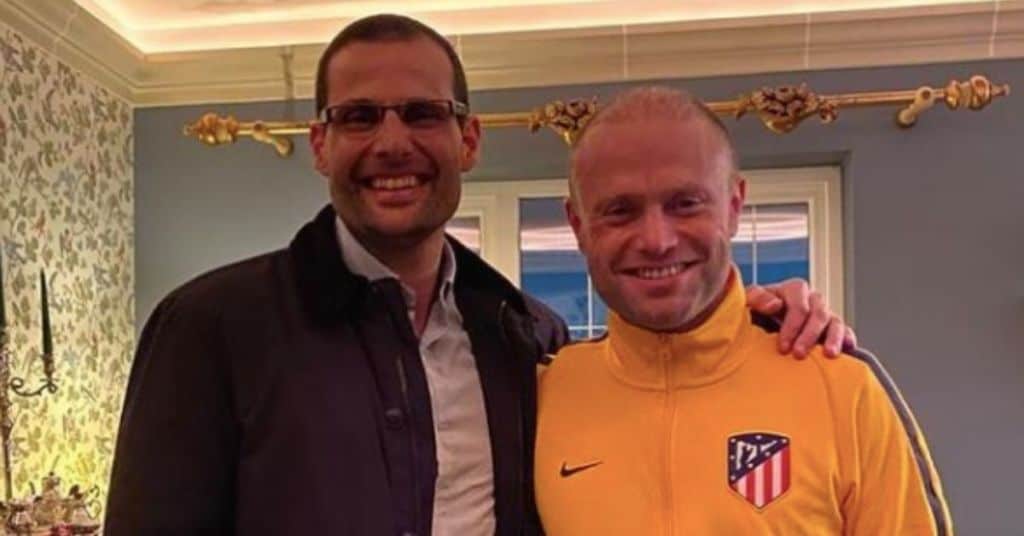
Robert Abela yesterday agreed to publish a white paper with legislative changes to the laws regulating the media before taking them to Parliament. It wasn’t something he wanted to do. In fact, there are draft laws already in front of Parliament. They’ve been there more than a year, frozen, after the shock of the international community that a government of a country where a journalist has been killed would attempt to adopt laws governing journalism without consulting journalists. Or anyone.
It looked like the same would happen this year but journalists and people who are particularly concerned with press freedom were on to the government. They warned the prime minister that they were watching, that a new law would not be rushed throughout without them noticing and without them objecting. Eventually the IĠM, the journalists’ association, joined the fray. A white paper was necessary, they said.
The government must have realised that if they went ahead with adopting a new law they wouldn’t secure the only objective they have. The government has no interest in making sure journalists feel safer today than they did the day Daphne was killed. The government’s interest is to stop being pestered by the international community. All they want is to be able to reply every time the fact that justice for Daphne remains elusive that they implemented changes to laws and Malta is now a paradise for journalists. They won’t be able to claim that if journalists in Malta stand up to register the fact that they have been excluded from the process of writing laws that are supposed to be protecting them.
The white paper is not out yet so these are pleasures not to come.
Think about it. Daphne was killed 6 years ago. And here we are today still waiting to be told what the government wants to do about making sure no other journalist is killed. Here we are still arguing for a law against abuse of power and organised crime the absence of which was described by a public inquiry as part of the cause of the killing of a journalist. It is remarkable how lacking any sense of urgency the government is.
The following is a statement issued today by the Commissioner for Human Rights based at the Council of Europe in Strasbourg, Dunja Mijatovic:
The Council of Europe Commissioner for Human Rights, Dunja Mijatović, published her letter to the Prime Minister and to the Speaker of the Parliament of Malta today, expressing concern about the implementation of the recommendations of the public inquiry report into the murder of Daphne Caruana Galizia and the effective exercise of the human right to freedom of expression.
In her letter to the Prime Minister, the Commissioner regrets the lack of significant results in bringing to justice all those responsible for the murder of Daphne Caruana Galizia. She also stresses that proposed legislative changes to strengthen freedom of expression fall short of comprehensive reforms in line with international human rights standards and lack transparent consultation.
Furthermore, she underscores that repeated cases of denial of access to information under the Freedom of Information Act raise concerns about unjustified secrecy within state institutions and calls on the authorities to cease fostering a climate hostile to journalists and media workers.
In her letter to the Speaker of the House of Representatives, the Commissioner urges lawmakers to refrain from adopting the current legislative proposals before Parliament to amend provisions of the Constitution and various other laws relating to freedom of expression, the right to privacy and the protection of journalists. Of particular concern are the proposed provisions to address Strategic Lawsuits Against Public Participation, which appear inadequate to address the very real threats they pose to freedom of expression, media freedom and, more broadly, to the foundations of democracy and the rule of law.
Lastly, the Commissioner underlines the important role of the Parliament in strengthening freedom of expression in the country and recommends that it engage in substantive, inclusive and transparent consultations with civil society, the media and interested citizens to ensure that the legislation is in line with international standards on freedom of expression and the protection of journalists.